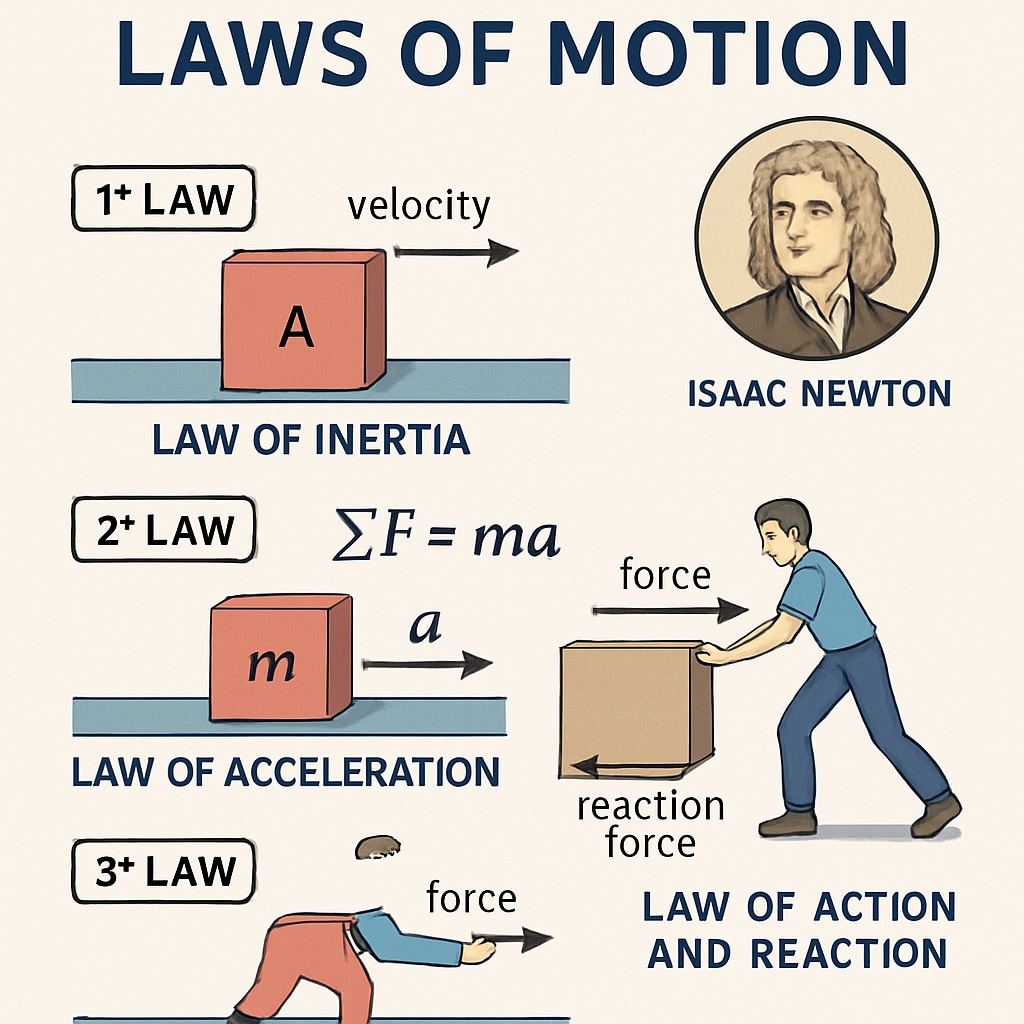Managing multiple physics backlogs while adhering to strict deadlines can feel overwhelming for high school students. Without a structured approach, it’s easy to lose focus and waste valuable time. In this article, we’ll explore proven strategies for effective time management and exam preparation that will help you clear your backlogs, comprehend core concepts, and boost your performance.
Understanding the Challenge of Physics Backlogs
Physics is a subject that demands strong conceptual understanding and problem-solving skills. Falling behind on topics can create a “snowball effect,” making it increasingly difficult to keep up. Many students face challenges like incomplete notes, misunderstood concepts, and a lack of practice. However, with the right mindset and strategy, it’s possible to regain control.

Time Management: The Foundation of Success
Effective time management is critical when dealing with backlogs. Start by assessing your available time and dividing it into manageable slots for each topic. Here are some essential time management tips:
- Prioritize Topics: Identify the most critical topics based on upcoming exams or their importance in the syllabus.
- Set Clear Goals: Define specific objectives for each study session, such as mastering a formula or solving 10 problems.
- Use the Pomodoro Technique: Study for 25 minutes, then take a 5-minute break to increase focus.
- Eliminate Distractions: Turn off notifications and create a dedicated, quiet study space.
By following these steps, you’ll maximize productivity and ensure steady progress.
Breaking Down Physics Concepts
One of the biggest hurdles in clearing backlogs is understanding complex physics concepts. Here’s how you can simplify the process:
- Start with the Basics: Review foundational topics before moving on to advanced concepts.
- Use Visual Aids: Diagrams, videos, and simulations can make abstract concepts more tangible. For example, check out resources like Khan Academy’s Physics Section.
- Ask for Help: Don’t hesitate to reach out to teachers, peers, or online forums for clarification.
- Practice Regularly: Solving problems consistently helps reinforce your understanding and build confidence.

Exam Preparation: Strategies for Quick Mastery
Preparing for physics exams under time constraints requires a focused approach. Here are some tips to optimize your preparation:
- Use Past Papers: Practice with previous years’ exam questions to familiarize yourself with the format and frequently tested topics.
- Create a Formula Sheet: Summarize key formulas and concepts on a single sheet for quick revision.
- Simulate Exam Conditions: Time yourself while solving problems to improve speed and accuracy.
- Review Mistakes: Analyze errors in practice tests to identify and address weak areas.
Additionally, apps like Quizlet and Anki can help you memorize definitions and formulas effectively.
Maintaining Consistency and Motivation
Tackling backlogs requires not just effort but also perseverance. Here’s how to stay consistent and motivated:
- Set Milestones: Break your goals into smaller, achievable targets to track progress.
- Reward Yourself: Celebrate small victories, such as completing a challenging topic.
- Stay Positive: Focus on your progress rather than what’s left to do.
- Stay Healthy: Adequate sleep, a balanced diet, and regular exercise can significantly boost your cognitive performance.
Remember, it’s not about perfection—it’s about steady improvement.
Conclusion
Clearing physics backlogs under time constraints is achievable with strategic time management and focused exam preparation. By prioritizing topics, simplifying concepts, and staying consistent, you can overcome challenges and excel in your studies. Start implementing these strategies today and take the first step towards academic success.
For further reading on effective learning techniques, check out this comprehensive guide on study skills.


